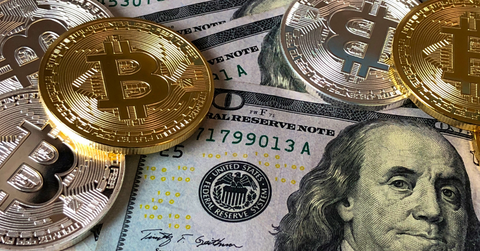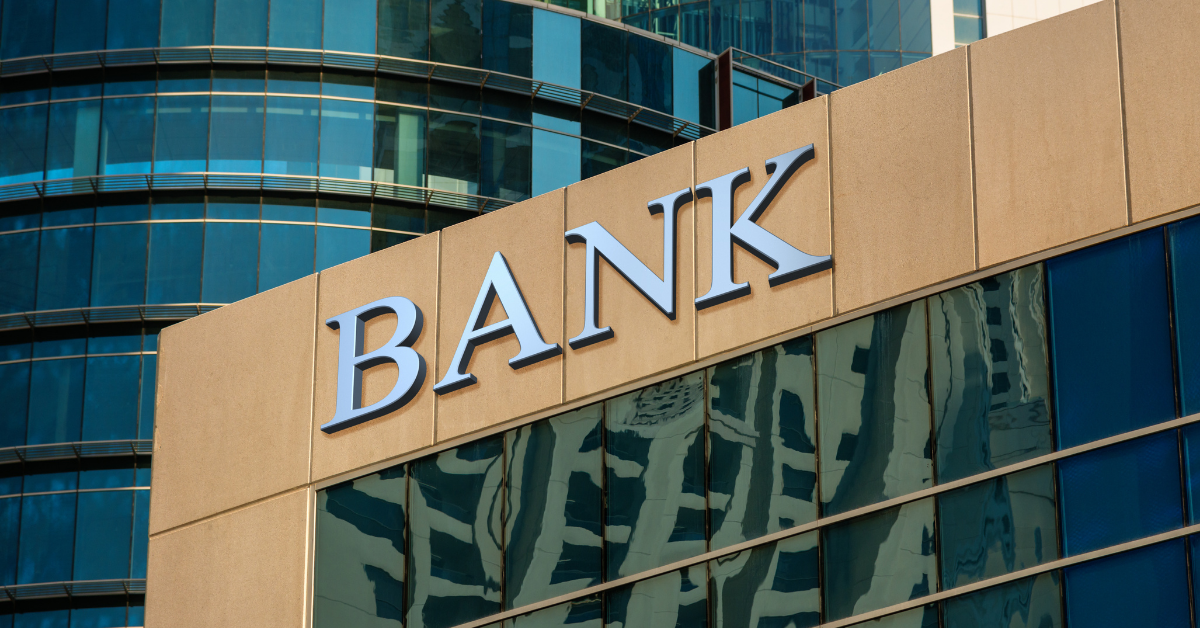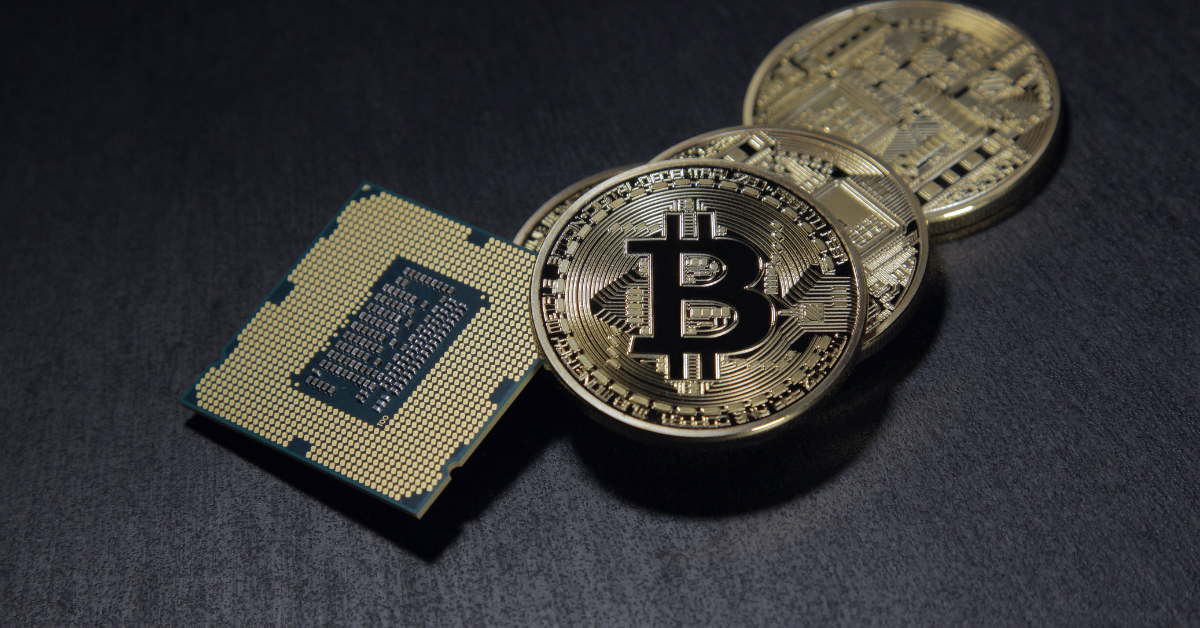Cryptocurrency and CBDC: Core Differences, Explained
The Federal Reserve is focused on creating a digital dollar. How's CBDC different from cryptocurrencies?
Nov. 18 2021, Published 12:09 p.m. ET

As institutional interest in cryptocurrency continues to increase following the surge of prices and exposure to NFTs, it has never been more apparent that the Federal Reserve is working to create a digital dollar.
In February, Fed Chair Jerome Powell emphasized that for 2021, the Fed would focus on a digital dollar—a CBDC (central bank digital currency).
Since crypto regulation is still being clarified, banks understand the pressure in launching a virtual currency. Are central bank digital currencies the same thing as cryptocurrency? What are the core differences between the two?

What is a CBDC?
A central bank digital currency, also known as a CBDC, is by definition not the same as a cryptocurrency. A CBDC gets supported through a central bank, whereby crypto doesn't. Because cryptocurrencies don't get issued through a central bank, they function as decentralized digital currencies.
While CBDCs are money issued from central banks existing completely electronically, like cryptocurrency, CBDCs operate and are made visible on the blockchain. Although the underlying technology and purpose are the same—a blockchain-based virtual currency digitally transferring value—do CBDCs offer the same transparency?

Without a CBDC currently launched, it isn't clear exactly how a CBDC will be designed and work. However, we know that, unlike cryptocurrency, a CBDC doesn't hold any investment value, which suggests that a CBDC is mainly for commercial use. Since a CBDC operates through a central bank, and banks aren't as eager to publicly display all transactions as blockchains do, the type of blockchain central banks could potentially use might be different.
What is cryptocurrency?
Cryptocurrencies are considered decentralized digital assets stored on public and permissionless blockchain networks. Unlike a CBDC, whereby it can potentially have a limitless supply, cryptocurrencies either have a capped or unlimited supply. They often integrate specific "tokenomics," a term coined by cryptonatives for the functionality, utility, and mechanism behind a token.

Cryptocurrency is essentially programmable money handled and confirmed through smart contracts. Often rewarding users for participating in protocols, cryptocurrency is different than a CBDC since cryptocurrencies are able to potentially generate yield, while a CBDC doesn't.
Not to be confused with cryptocurrencies pegged to the U.S. dollar called "stablecoins," like USDC or DAI, a CBDC might equal a dollar but it isn't decentralized. While this might be confusing given their similar value, stablecoins are often used for leverage in cryptocurrency, which means that they're used for potential investments. A CBDC can't be hoarded or used for investments.
Nigeria launched a CBDC, e-Naira
The U.S. isn't the only country looking into integrating a CBDC. As of Oct. 25, Nigeria launched its CBDC, the e-Naira, and allegedly over 500,000 wallets have been downloaded since. The e-Naira intends to provide more financial inclusivity and alternatives to facilitate remittances and reduced informality to aid with its transparency.
Managed by the Central Bank of Nigeria (CBN), the e-Naira is an attempt from the government to pull its constituents away from cryptocurrency. However, according to a report from Bloomberg, only $150,000 (62 million e-Naira) worth of digital currency has been traded since the launch. Nigerians traded some 60,215 Bitcoins, which are currently valued at over $3.6 billion, between 2017 and 2020.
